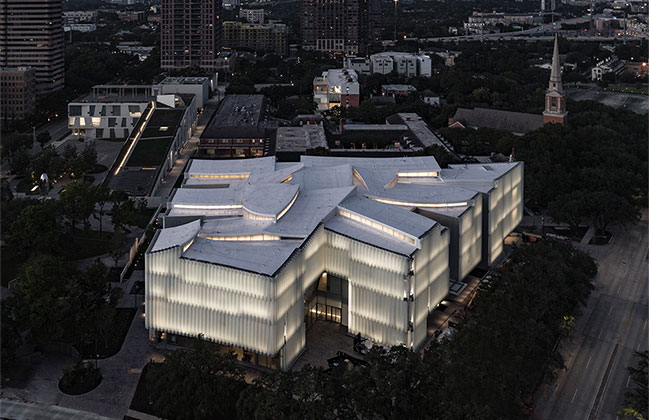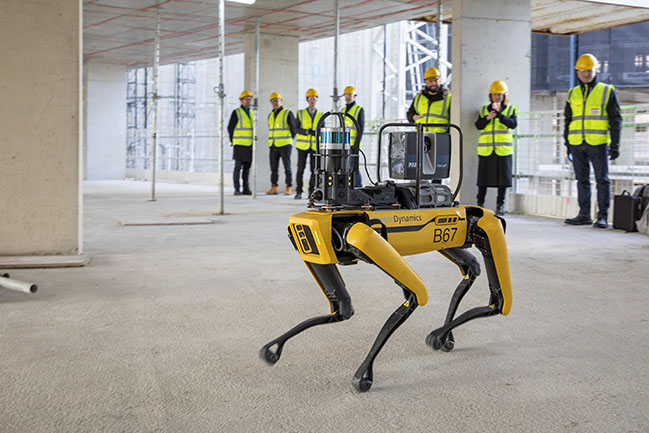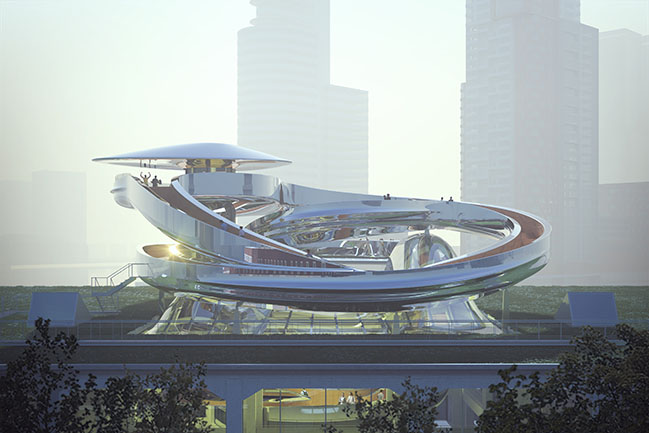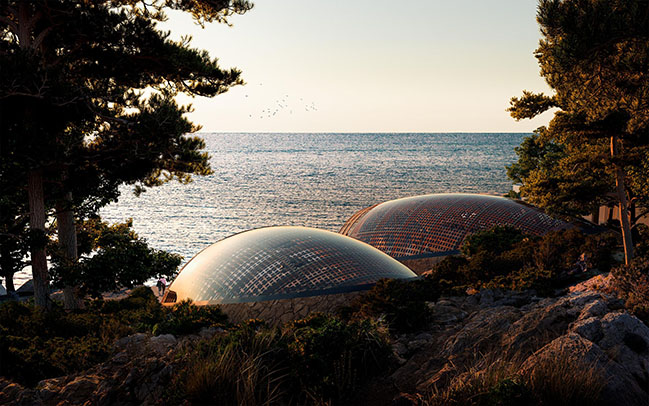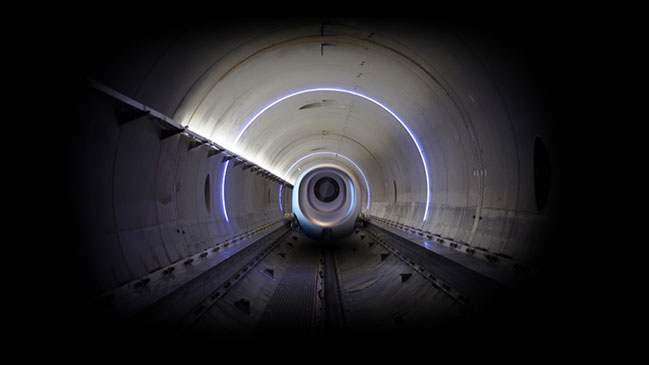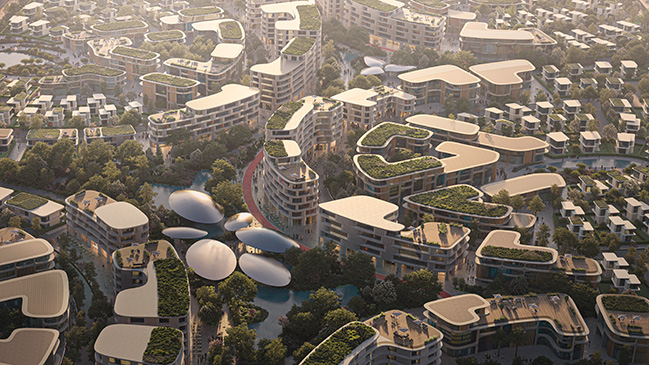11 / 24
2020
Foster + Partners unveils competition-winning design scheme for Guangming Hub, a new Transport Oriented Development situated on the high-speed rail link that connects Hong Kong, Shenzhen and Guangzhou. The proposal also integrates three new metro lines in the city and is the central focus of a new masterplan for the region that aims to create a new urban destination.
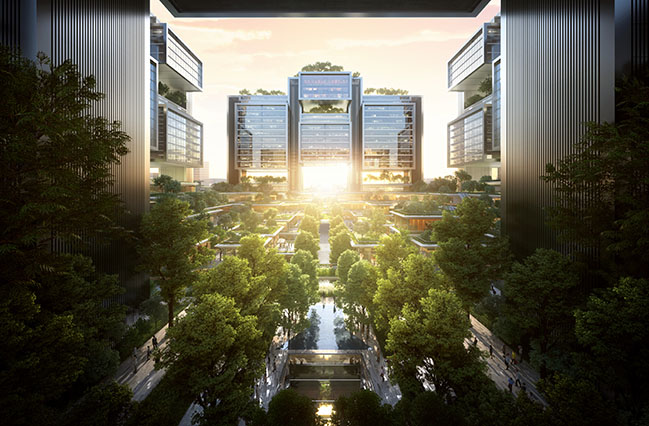
All images © Foster + Partners
Grant Brooker, Head of Studio, Foster + Partners, said: “We are absolutely delighted to have been chosen as the designers for the Guangming Hub – a fantastic opportunity to develop a contemporary urban centre with an integrated and sustainable transport hub at its heart. The generously landscaped, walkable town centre will seamlessly connect to a smart autonomous transportation system, combining both wellbeing and convenience and creating a vibrant urban focus for the surrounding neighbourhoods.”
The integrated team at Foster + Partners has used the latest technological tools to create a smart city that supports the flow of people and goods with robust infrastructure, effective transport networks, reliable public services and lush greenery. To devise the ideal urban massing, a set of key constraints that would influence urban growth in the region were developed. These constraints were fed into a specially created software programme, developed by the practice, which then presented an ideal masterplan. The masterplan was then further refined and detailed in terms of integrated transport links, with the Guangming Hub at its heart.
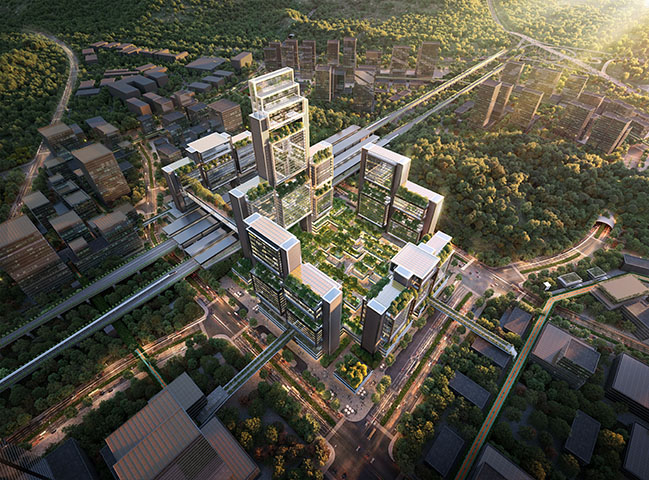
The Hub is envisaged as an integral part of the city, well connected with the surroundings in the masterplan area. Two major rail lines intersect at the site and the surrounding topography also serves as a significant barrier to movement in and around the site. To overcome this, the masterplan seeks to create a network of slow-moving autonomous vehicles with skybridges and shared surfaces for cyclists and pedestrians.
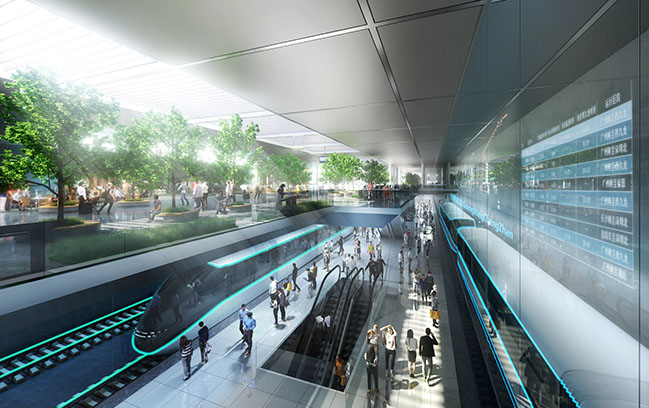
Young Wei-Yang Chiu, Partner, Foster + Partners, added: “The central idea is to capitalise on the natural beauty of the site, utilising the lush landscape to create a lively experience for visitors and locals. It will be a forest gateway into Shenzhen. Our proposals link the site with a slow-moving traffic network that provides efficient and easy connection to the Hub. These shared surfaces ensure better accessibility throughout the whole masterplan area and create a platform ready for innovative transportation solutions for the future.”
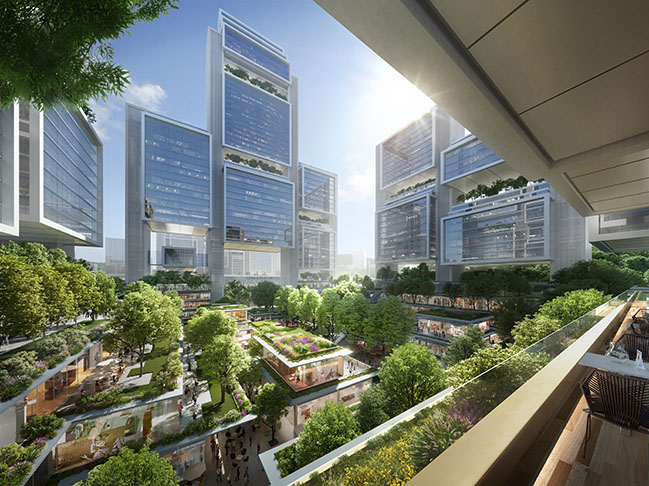
The existing high-speed rail station lies at the centre of the site, oriented in the north-south direction. A sunken green spine in the east-west orientation cuts across the site and through the high-speed rail station at ground level. A new metro station is located to the west of the high-speed rail station, straddling the green spine. The intercity link station is located further west, towards the edge of the site, connecting Guangming Hub to the city. Easy wayfinding, minimum walking distances and shaded walkways characterise the scheme.

A large retail podium sits atop the underground metro and intercity link stations, with stepped green terraces that create a link with the surrounding forest, looking onto the central green spine. There are a series of office towers, situated at cardinal points across the site. Inspired by the traditional Chinese gateway that marks important entryways, these towers are envisaged as ‘gateways’ to the hub. The openings at the ground level of the tower buildings mark the central access to high-speed rail station. Subways and bridges to neighbouring plots create convenient connections for pedestrians, cyclists and autonomous vehicles. A new transport museum is situated on the bridge over the high-speed rail station, connecting the eastern and western halves of the site. Visitors will enjoy futuristic exhibition displays using latest VR, AR and projection mapping technologies against the panoramic view of the high-speed rail station.
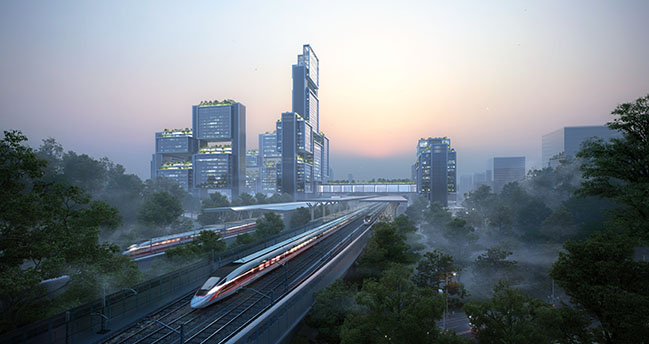
In addition to controlled wind and solar access, the project maximises landscape areas, public amenities and pedestrian priority to provide enjoyable outdoor spaces. The design aligns with the city’s Sponge City programme with an emphasis on prioritising the use of sustainable urban drainage systems through the integration of landscape, permeable pavement and bio-retention water features.
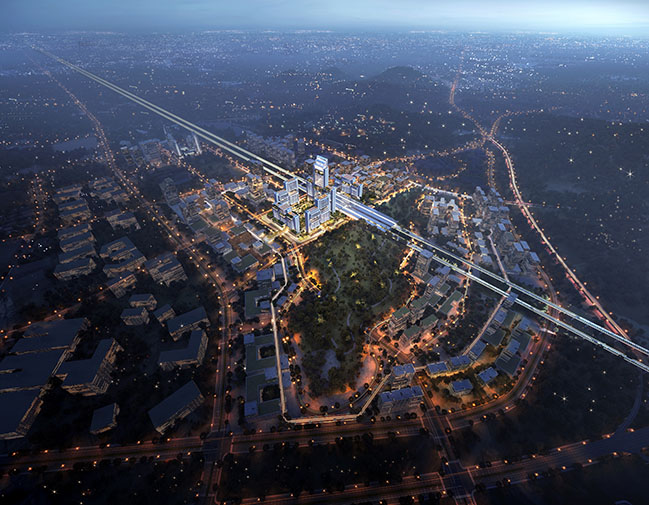
YOU MAY ALSO LIKE:
> Construction begins on Avenida Cordoba 120 in Buenos Aires / Foster + Partners
> Foster + Partners wins competition to design Alibaba's new HQ in Shanghai
Foster + Partners has won the design competition for Guangming Hub
11 / 24 / 2020 Foster + Partners has won the design competition for Guangming Hub, a new Transport Oriented Development situated on the high-speed rail link that connects Hong Kong, Shenzhen and Guangzhou
You might also like:
Recommended post: Khalid Bin Sultan City by Zaha Hadid Architects
